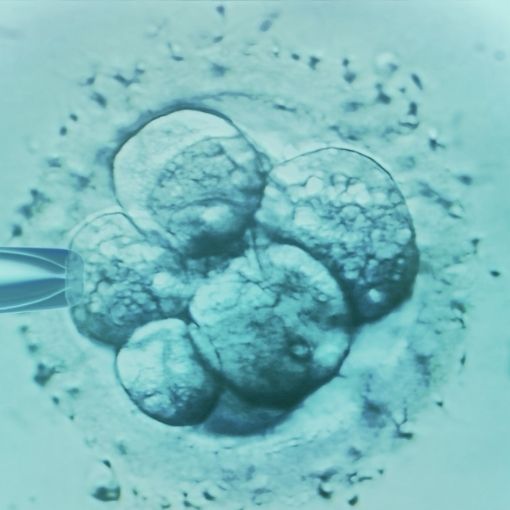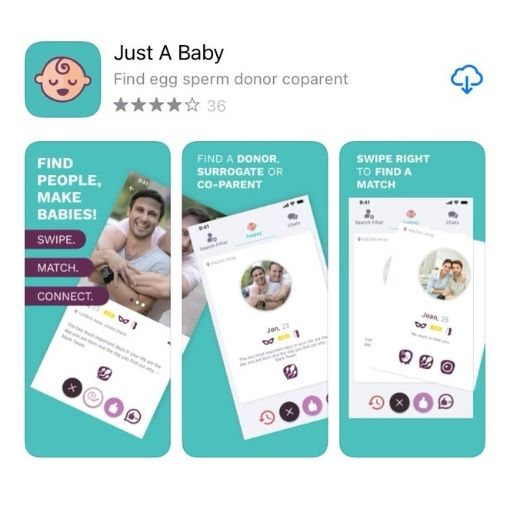March is Endometriosis Awareness Month. Endometriosis (or endo) is a condition where the cells lining the uterus begin to grow in places they shouldn’t. For example, in the fallopian tubes or ovaries. If you are trying to conceive, this can cause a number of problems and frustratingly make it harder to get pregnant.
Did you know endometriosis affects approximately 1 in 10 women? That’s around 190 million women globally! Despite these high numbers, 33% of women in the UK don’t know what endometriosis is. On top of that, 45% cannot name any symptoms. It’s clear that this condition which affects so many needs to be brought into the spotlight so we decided to write this article and spread the word about endometriosis and hopefully get more women talking about it!
So lets take a little look at what endo is, how it affects fertility and how to recognise the symptoms.
What is Endometriosis?
In a nutshell, endometriosis is a condition that affects women with reproductive organs. As a uterus owner, you are well aware that your monthly cycle involves the lining of the uterus growing and shedding each and every month as part of your cycle. Endo happens when this tissue begins to grow outside the uterus and affects other body parts such as your ovaries, fallopian tubes and the pelvis lining. We wrote an article covering what endometriosis is that goes into more detail and can be viewed here if you want to find out more.
How does endometriosis affect fertility?
Many endo sufferers are, thankfully, able to conceive naturally without complications. However, there are some cases where endometriosis can prevent pregnancy because the abnormal tissue growth is causing one or more of the following issues:
- Blocking the ovary meaning it cannot release eggs
- Block the fallopian tubes
- Prevent the fallopian tubes from working correctly
- Stop a fertilised egg from attaching to the uterus
The condition can affect your fertility in other ways. It can damage the egg or sperm. It can also cause inflammation which interferes with the balance of hormones that we need to become pregnant.
33% of women in the UK don’t know what endometriosis is, and 45% cannot name any symptoms.
Source: Endometriosis UK
What are the main symptoms?
Pelvic pain is by far the most reported symptom of endometriosis, which often coincides with a women’s period. Menstrual cramps are not uncommon for any female, but women who may have endometriosis describe the pain to be far worse than that of a typical period. Here are a few other symptoms to look out for if you suspect you might have endometriosis:
- Painful periods
- Pain when having sex
- Pain felt when going to the toilet
- Irregular and heavy bleeding
- Fatigue, diarrhoea or constipation
- Bloating and nausea
If you suspect you might have endo, your first port of call should be your GP. Make an appointment to discuss your individual symptoms and highlight how they affect your day-to-day life. If endometriosis is suspected, you should be offered an exam by a gynaecologist. There’s a really helpful guide created by speakendo that can be downloaded and taken with you to your appointment to make sure the doctor fully understands your symptoms, and so you don’t leave out any important details.
Raising awareness of endometriosis
Currently, it takes 7-8 years to diagnose endometriosis, which is staggering, considering so many ladies suffer from this condition globally. It’s often dismissed as a heavy period or simply part of being female by healthcare professionals. Endo can cause debilitating pain. Women with the condition need to be taken more seriously when they discuss their symptoms with a doctor. We need to raise awareness so more women recognise the symptoms and can seek the diagnosis for the treatment they need – no one should have to wait eight years for a diagnosis its crazy.
We can all do our part to raise awareness of this condition. Raise awareness by talking, sharing articles like this one or sharing stories on social media the more we talk about the condition, the more exposure it will get. .
If you have a story to tell about endometriosis, then let us know. We would love to support you and share your experiences with the Hoopsy community.




